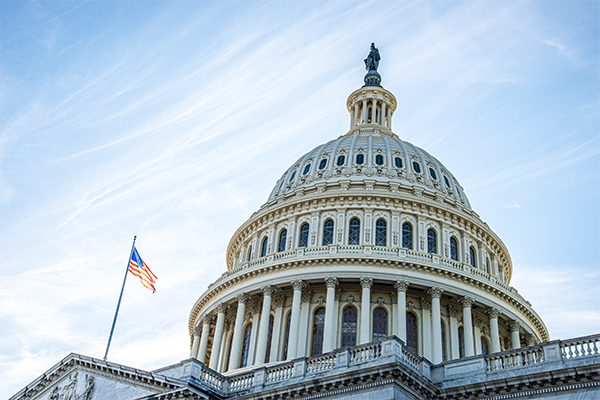City exposed to potential liability by not moving residents during leak
In the case of Oden v. City of Milwaukee, the Wisconsin Court of Appeals determined that the city could be liable for injury claims brought by two people burned in a natural gas explosion at their home in February 2009.
The Odens sued the gas utility, the city and their insurance companies. The city was sued for negligently failing to evacuate the residents of the neighborhood block when it was aware of a gas leak.
At the trial level, the city successfully argued it was immune from being sued because its decision not to evacuate the residents was a discretionary, and not ministerial, act. The plaintiffs appealed that decision to the Court of Appeals. The Court of Appeals reversed the trial court and held that the city was not immune, and it was a question for a jury to decide if the city was liable for the injuries.
A governmental official is generally immune from suit if the act it did or did not take was a “legislative, quasi-legislative, judicial and quasi-judicial act … which involves the exercise of discretion and judgment.” This immunity extends to governmental officers, officials, agents or employees or acts done while in the scope of their governmental duties. Here the argument made by the government was that the decision to evacuate was discretionary and not required by any laws that the fire or police department were to follow.
A ministerial act does not carry any immunity from liability. Ministerial acts can be the performance of ministerial duties imposed by law and known and compelling dangers that give rise to ministerial duties on the part of public officers or employees. Such duties are “absolute, certain and imperative.”
To find a ministerial duty here, the court first looked to the law or policy that imposed the duty. It found that the city had adopted by reference in its ordinances NFPA 1, Fire Code. This code seeks coordination between energy providers and local fire and police departments for training on how to deal with gas leaks.
Here the city did not separately train its fire and police departments. Instead, it received all of its training and policy manuals on responding to gas leaks from the local gas utility. The first responder handbook used by the city was prepared by the local utility. This handbook was the only policy manual the city had that instructed how to respond to gas leaks. In 2008, the local utility provided a one-day training program to all city fire department personnel. These sessions continued for six weeks so all 1,000 members of the fire department could receive training.
Among the important precautions from the handbook noted by the court were the following excerpts: If you smell gas, assume there is an ignitable mixture present. Evacuate the area. Do not allow anyone to enter or remain in buildings where natural gas is present.
The summary portion of the handbook noted that if you suspect a natural gas leak, take the following steps and clear the building of all occupants.
Here the Court of Appeals concluded that the city was required to follow the handbook as though it were a ministerial duty. This was the only policy on file with the department. It arose out of compliance with the city ordinance adopting NFPA 1, Fire Code. Had the city followed the directives in the handbook, there is at least a question that the Odens would not have been injured. This is the question for the jury.
The court also found that the gas leak was a “known and compelling danger,” which is another exception to governmental immunity. When a “danger known to a public officer or employee is of such a compelling force, it strips that person of discretion or judgment and creates an absolute, certain and imperative duty to act.” The gas leak was of such a danger that the public officers were compelled to act in the best interests of the residents and evacuate the homes.
There is a good lesson here. Industry members often provide training to local fire departments. If we provide the only source of training and the only first responder handbook, we establish a standard to which these departments must adhere. In doing so, we are taking steps to avoid injury and death.
John V. McCoy is with McCoy Leavitt Laskey LLC, and his firm represents industry members nationally. He can be reached at 262-522-7007 or jmccoy@MLLlaw.com.
















